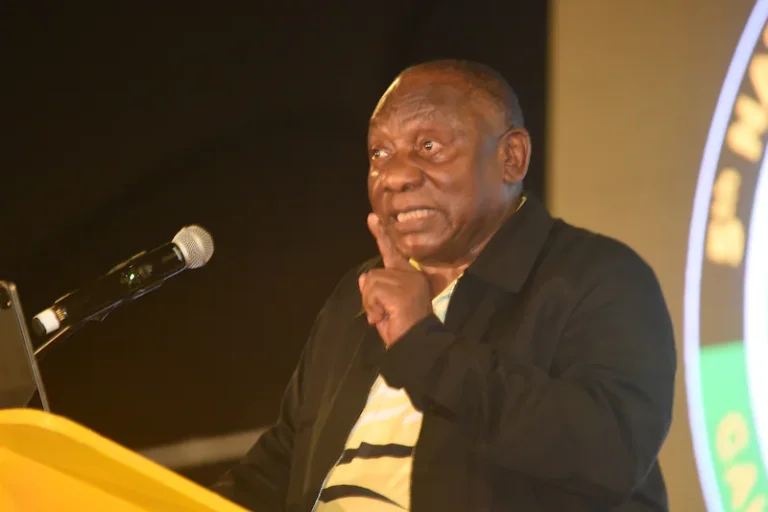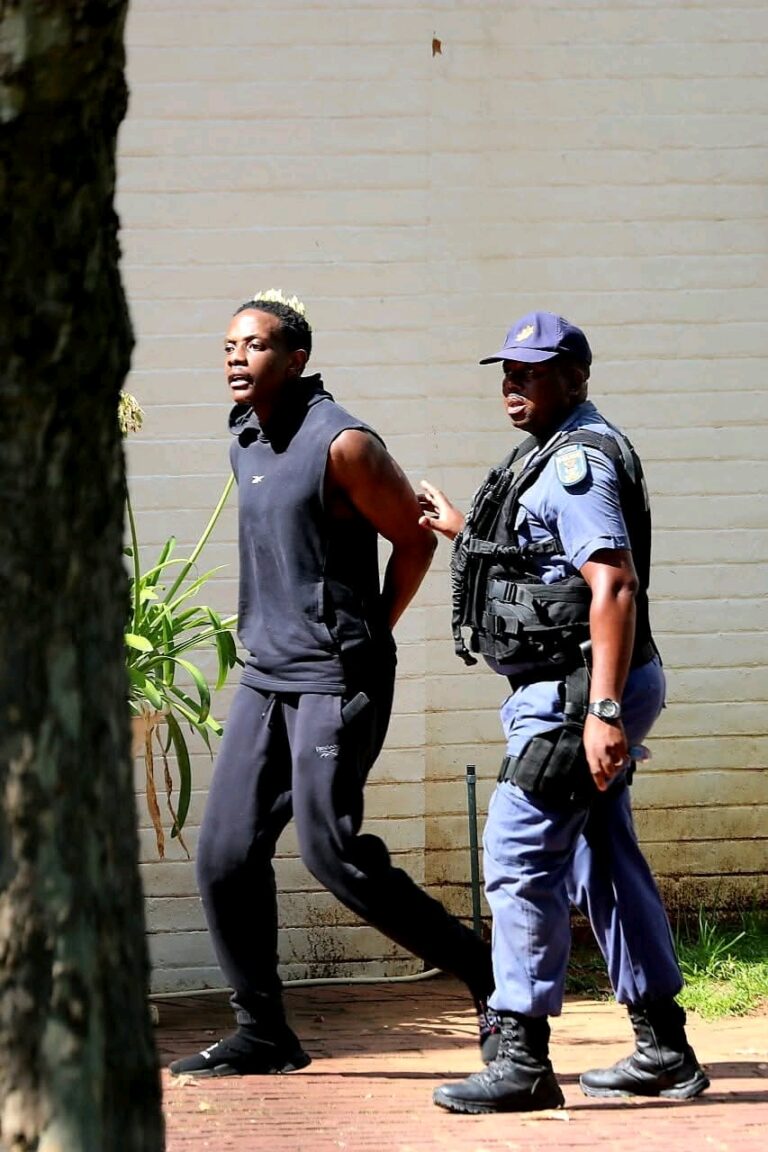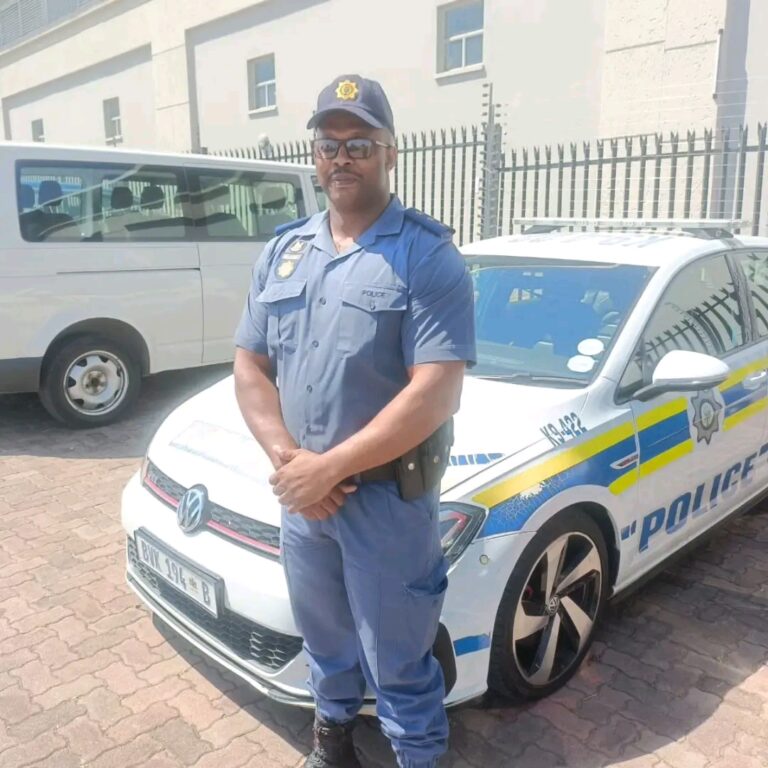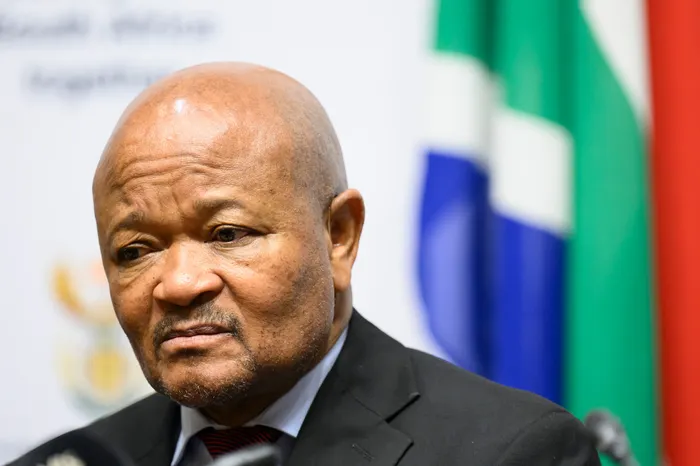
Under intense public and political pressure, South Africa’s Police Minister, Senzo Mchunu, has officially requested special leave from President Cyril Ramaphosa. This comes as mounting allegations surface, linking the minister to individuals accused of criminal activity and alleged possession of highly sensitive state information.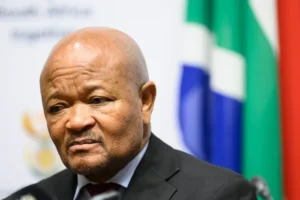
The scandal has sparked national outrage and calls for Mchunu’s immediate dismissal. Critics argue that his continued presence in office poses a significant threat to the integrity of law enforcement and national security. Many believe the allegations—if proven true—could indicate a deep-rooted breach of trust at the highest levels of the country’s security sector.
Sources close to the presidency have confirmed that Minister Mchunu approached President Ramaphosa over the weekend, asking to be temporarily relieved of his duties while investigations proceed. According to insiders, the minister insists on his innocence and says the leave will allow for a thorough and unbiased probe to take place without interference.
The allegations, first reported by whistleblowers and later echoed by investigative journalists, claim that Mchunu has maintained close ties with known criminal figures. These individuals are said to have gained access to classified state security documents—raising questions about how they obtained such sensitive information and what role, if any, the minister may have played.
Opposition parties have been quick to respond. The Democratic Alliance (DA) and the Economic Freedom Fighters (EFF) have both released statements demanding Mchunu’s resignation, with the DA calling the situation a “security emergency.” The EFF went a step further, accusing the entire government of fostering an environment where corruption and collusion with criminal networks thrive unchecked.
Civil society groups have echoed these sentiments. The Council for the Advancement of the South African Constitution (CASAC) has urged President Ramaphosa to act decisively, warning that failure to do so could further erode public confidence in the country’s law enforcement agencies.
Mchunu, who has served as police minister since 2023, has generally been regarded as a competent and steady figure within Ramaphosa’s cabinet. His sudden fall from grace has sent shockwaves through political circles, prompting renewed scrutiny of other senior officials and their associations.
In response to the growing pressure, the presidency released a short statement on Sunday evening, confirming that President Ramaphosa had received the minister’s request for special leave and that the matter was “receiving urgent attention.” The statement added that the president remains committed to ensuring transparency, accountability, and the rule of law.
Meanwhile, security analysts have warned of the implications this scandal could have on South Africa’s intelligence community. If state secrets have indeed been compromised, the country may face long-term damage to its diplomatic relations, cybersecurity frameworks, and internal security operations.
As the nation waits for official updates, pressure continues to mount on President Ramaphosa to take swift and decisive action. Whether Minister Mchunu will eventually return to his post or face dismissal remains to be seen—but one thing is certain: the spotlight is firmly fixed on the intersection of politics, power, and accountability in South Africa.


